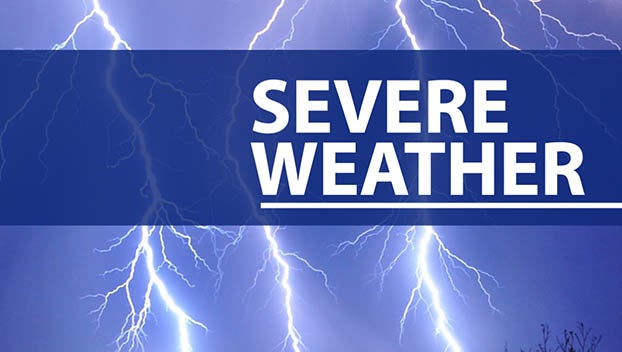LDH identifies first monkeypox case in a Louisiana resident
Published 3:47 pm Thursday, July 7, 2022
Baton Rouge, La. (July 7, 2022) — The Louisiana Department of Health (LDH) is reporting the first detected case of monkeypox infection in a Louisiana resident. This individual is from LDH Region 1 (Orleans, Plaquemines, Jefferson, St. Bernard). In addition, an out-of-state resident visiting Louisiana also tested positive for monkeypox. No further information will be shared about these cases to protect the patients’ privacy.
LDH will hold a technical briefing for media this afternoon to discuss monkeypox in Louisiana. Additional details are forthcoming.
There are likely more undiagnosed human cases of monkeypox existing in Louisiana than have been formally tested and identified to date.
LDH is working closely with the U.S. Centers for Disease Control and Prevention (CDC) and the patients’ healthcare providers to identify and notify individuals in Louisiana who may have been in contact with the patients while they were infectious. LDH has kept providers in Louisiana up to date, urged providers to be on the lookout for symptoms in patients, and shared specific monkeypox reporting and specimen submission guidance.
Since May 2022, 605 monkeypox cases have been identified in 36 states. Globally, more than 7,200 cases have been reported from 54 countries; the case count continues to rise daily. Information about international cases is available from the World Health Organization and information about U.S. cases is available from the CDC. There have been no deaths in the U.S. to date.
What is monkeypox?
Monkeypox is a potentially serious viral illness that typically involves flu-like symptoms, swelling of the lymph nodes and a rash that includes bumps that are initially filled with fluid before scabbing over. Illness could be confused with a sexually transmitted infection like syphilis or herpes, or with chickenpox. Most infections last two to four weeks.
How is monkeypox spread?
Monkeypox spreads in different ways. Monkeypox virus is most often spread through direct contact with a rash or sores of someone who has the virus.
It can also spread through contact with clothing, bedding and other items used by a person with monkeypox, or from respiratory droplets that can be passed through prolonged face-to-face contact, including kissing, cuddling or sex.
It is also possible for people to get monkeypox from infected animals, either by being scratched or bitten by the animal or by eating meat or using products from an infected animal.
People who do not have monkeypox symptoms cannot spread the virus to others.
According to the CDC, early data suggest that gay, bisexual and other men who have sex with men make up a high number of cases. However, anyone who has been in close contact with someone who has monkeypox is at risk.
What should individuals with concerns do?
People can take basic steps to prevent the spread of monkeypox. Anyone with concerns that they have been exposed or infected should refrain from intimate or close personal contact and seek medical attention. If you do not have a healthcare provider, you can visit a parish health unit near you. Standard household cleaners and detergents are effective at cleaning environmental surfaces and linens.
If you are waiting for test results, follow the same precautions.
If your test is positive, stay isolated until your rash has healed, all scabs have fallen off, and a fresh layer of intact skin has formed.
What are the symptoms of monkeypox?
Symptoms of monkeypox can include:
- Fever
- Headache
- Muscle aches and backache
- Swollen lymph nodes
- Chills
- Exhaustion
- A rash that can look like pimples or blisters that appears on the face, inside the mouth, and on other parts of the body, like the hands, feet, chest, genitals or anus
Sometimes people get a rash first, followed by other symptoms. Others only experience a rash. Some cases in the current U.S. outbreak have experienced only isolated rashes in the genital region or other body parts.
For more information




